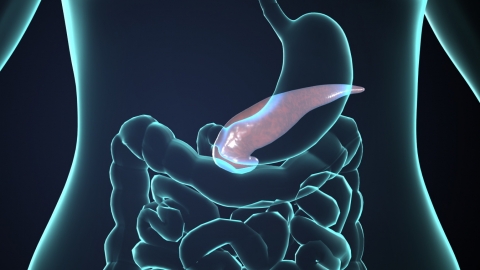Does cholecystectomy lead to pancreatitis?
Generally, pancreatitis does not necessarily occur after cholecystectomy, but the procedure may increase the risk of developing it. The detailed analysis is as follows:

After cholecystectomy, pressure within the bile ducts may change and the normal bile excretion pattern can be disrupted. Some bile may reflux into the pancreatic duct, interfering with the normal outflow of pancreatic juice. Accumulation of pancreatic fluid within the pancreas may activate digestive enzymes, leading to autodigestion of the pancreas and thereby increasing the risk of pancreatitis. Additionally, if there was pre-existing bile duct inflammation or gallstones before cholecystectomy, persistent postoperative inflammation or residual stones might indirectly trigger pancreatitis. However, these situations are not inevitable, and individual differences can influence the degree of risk.
After surgery, it is important to maintain a light diet, avoiding large intakes of high-fat and high-protein foods in the short term to reduce the burden on the digestive system. Maintain regular meal habits and avoid overeating or prolonged fasting. Regular abdominal ultrasound examinations should be performed to monitor the condition of the bile ducts and pancreas. If symptoms such as severe upper abdominal pain, nausea, vomiting, or fever occur, medical attention should be sought immediately to prevent treatment delays.






